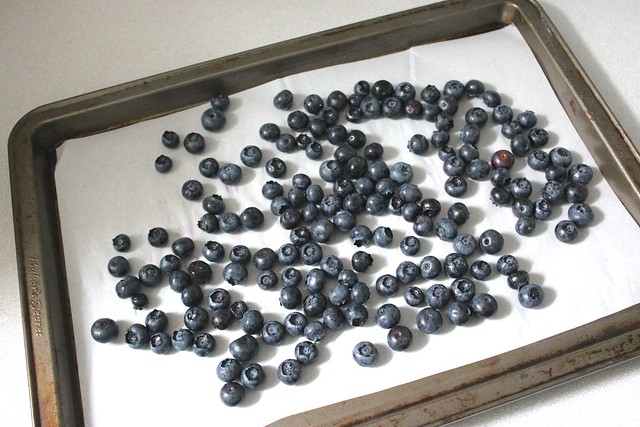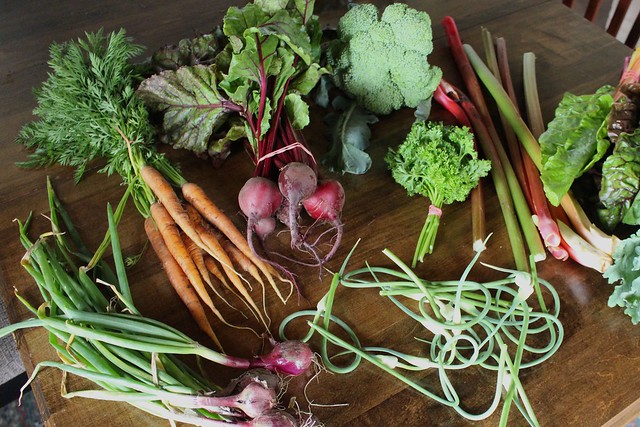
I pick up most of our fruits and vegetables from farmers markets and through our food share, but it’s easy to get carried away and have a fridge full of fresh food that starts to go limp and gross quickly if it isn’t stored properly. Taking 10-15 minutes to properly store all your goodies can help keep your produce fresh and reduce spoilage!
The three things you need to remember most when storing produce:
1) Don’t clean it until you’re ready to use it – Moisture and dampness encourages bacteria growth, so it’s better to wash your produce right before using them.
2) Give them room to breathe – A sealed plastic bag doesn’t allow your produce air circulation, which can make them spoil faster. Using reusable mesh bags if you can, and if you don’t have any, a loose plastic bag (or one with small holes) is better.
3) Avoid storing fruits and vegetables together – Many fruits produce ethylene gas, which can speed up the ripening of your vegetables and lead to spoilage
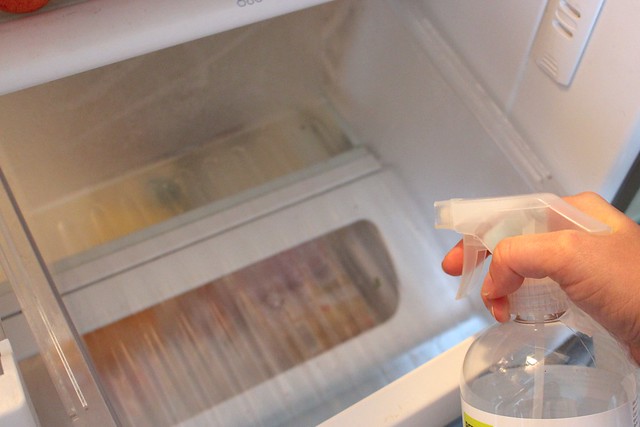
/ / /
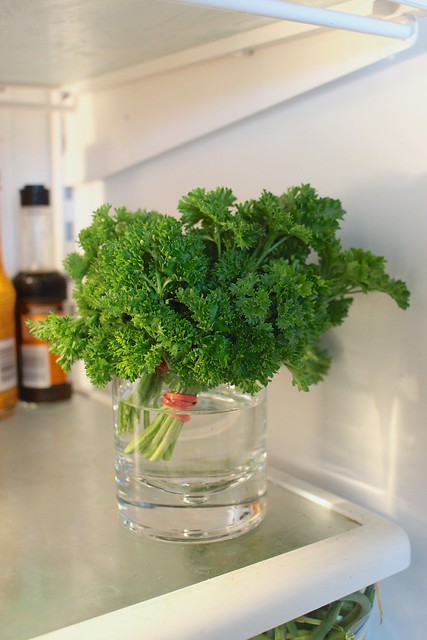
Asparagus – Trim half an inch off the end of the stalks and stand them up in a tall glass with about an inch of water. Cover the top loosely with a plastic bag. Re-trim the ends and wash really well before using.
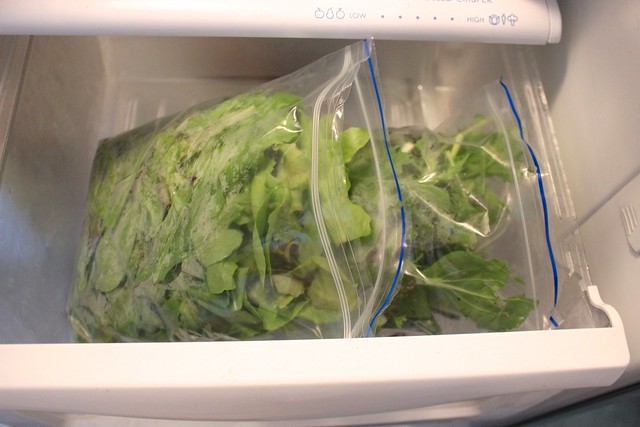
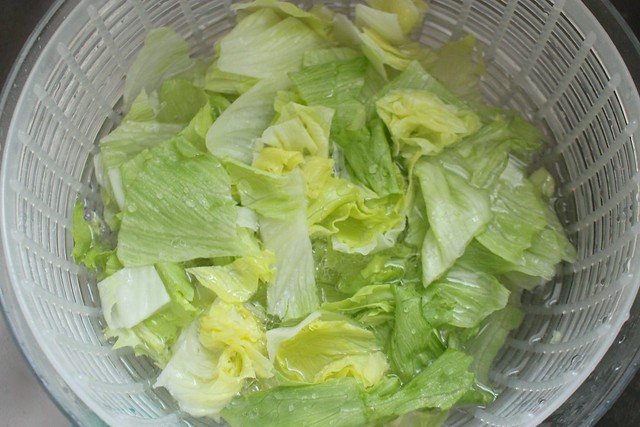
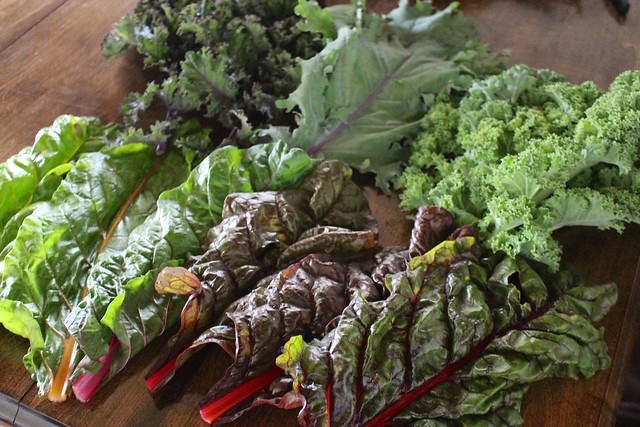
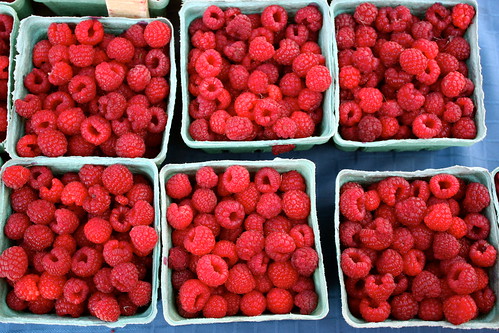
You can also try this method from Cook’s Illustrated. Wash berries in a diluted vinegar bath (1 cup vinegar to three cups water) and spin until completely dry in a salad spinner lined with paper towels. Store the cleaned berries in a container lined with paper towels, with the lid open slightly to allow moisture to escape.
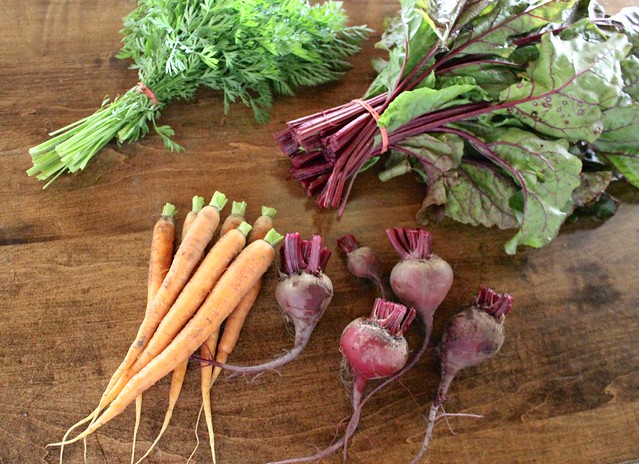
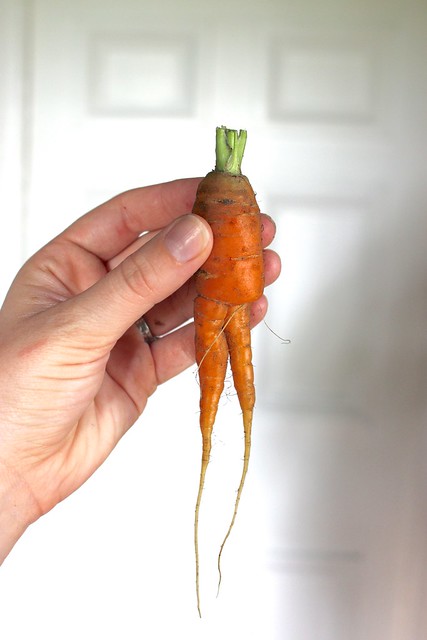
Look, this carrot has legs!
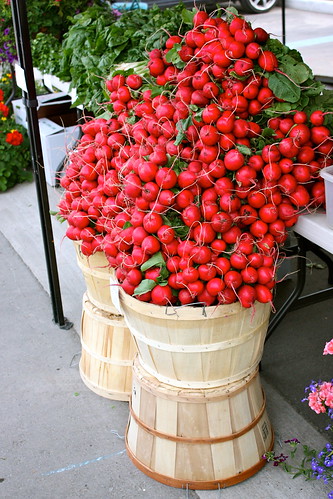
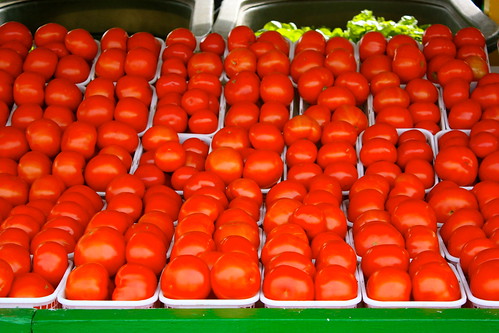
Tomatoes – Store on the counter and keep them out the fridge, as the cold will make them mushy. Once they ripen, eat them or chop and freeze for cooking later.
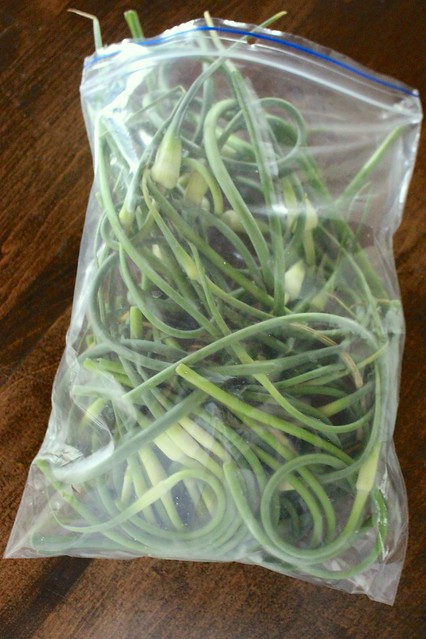
Garlic Scraps – We have got these the last few weeks and I’ve been adding them to an unsealed plastic bag to wash up and make into a garlic paste.
Spring Onions – Store in a tall glass, with about an inch of water in the bottom and a plastic bag loose over top.
Regular Garlic and Onions – Store at room temperature in a mesh bag in an open container, preferably away from direct sunlight. I like to use one of my open baskets on my kitchen cart. Leave on the papery skin until you’re ready to use it. It’s okay to store garlic and onions together, just keep them away from potatoes.
Potatoes – Keep in a paper bag, in a dark and cool place such as a pantry, away from onions. Don’t put them in the fridge, which can cause the starches to turn into sugars.
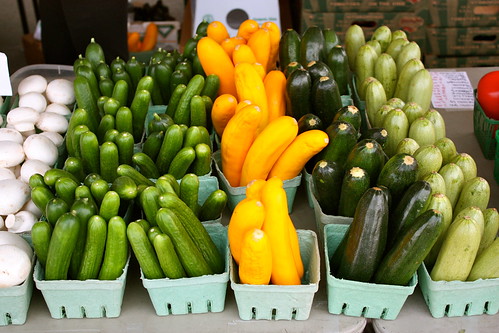
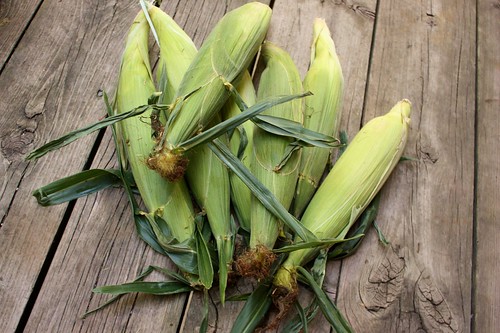
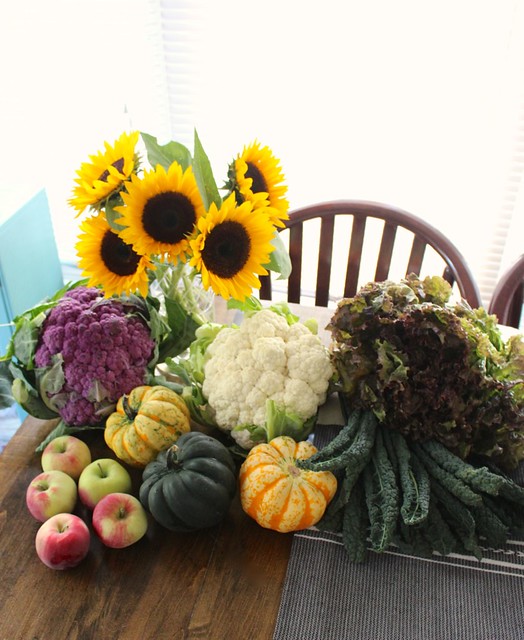
I hope these tips help you get the most out of your produce this summer!
Looking to store your seasonal produce for longer? check out this post:
